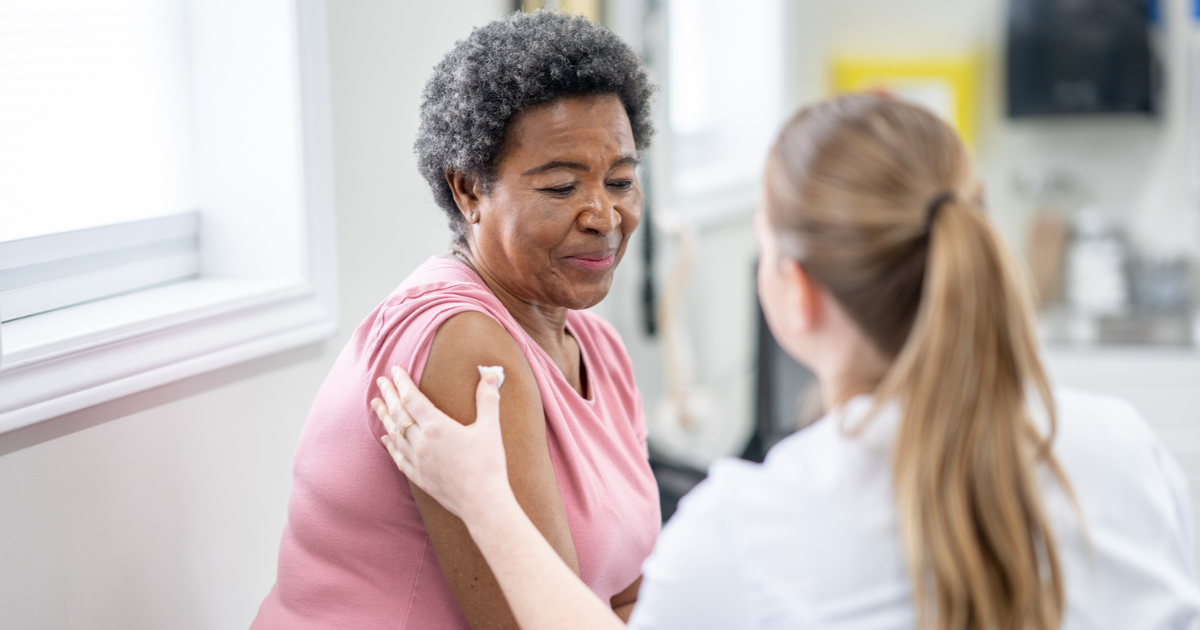Do I need a COVID-19 booster this spring?

In February, the Centers for Disease Control and Prevention, or CDC, recommended adults aged 65 and older receive a vaccine dose.
Adults aged 65 and older are considered the most vulnerable population when it comes to COVID-19 complications. This group has a higher prevalence of chronic conditions and a diminished immune response, making them more susceptible to severe infections, hospitalization and mortality.
“Their immune systems are not as robust as the younger population,” explains infectious diseases physician Carlos A. Gomez, MD. “Because of this, vaccine efficacy could be lower and wane over time.”
How effective is the latest vaccine?
A report published by the CDC in February examined the updated vaccine’s effectiveness. The study found that the vaccine was 50% effective in preventing emergency department and urgent care visits, primary indicators of COVID-19 complications.
Dr. Gomez emphasizes that, while the updated vaccine does not entirely prevent COVID-19 infection, the study’s findings are encouraging, showing decreased health care utilization.
“While 50% effectiveness is not a perfect outcome, it means that patients who receive the booster have half the risk compared with those who didn’t,” Dr. Gomez says. “They still may become infected, but it’s quite encouraging that they have half the risk of going to the emergency department or urgent care.”
What about side effects?
The adverse side effects of the updated COVID-19 vaccine remain consistent with previous versions and may include:
- Pain and swelling at the injection site
- Fever
- Headache
- Fatigue
“Side effects are very mild and go away within two or three days, so this version is very similar to other vaccines we have in the health care system and previous COVID-19 boosters,” Dr. Gomez says.
When should I get the booster?
It is recommended that individuals get their booster shot within two months of receiving either their initial vaccination or a previous booster shot. This timeline ensures that the immune response remains robust and provides optimal protection against COVID-19.
And what if you have had a COVID-19 infection – are the antibodies your body produced naturally enough to protect you?
“If you fall into a group that needs the vaccine, it is better to get it now, even if you have had COVID-19 before,” Dr. Gomez says. “Between an infection and the vaccine, you will have a greater variety of antibodies and a more robust immune response.”
Will other groups benefit from the vaccine?
While the CDC specifically emphasized the importance of boosters for adults aged 65 and older, other groups may also benefit from the updated vaccine, such as:
- Health care workers
- Retail or hospitality workers
- Immunocompromised individuals
“Around 3% of the U.S. population is immunocompromised,” Dr. Gomez says. “These patients should have an updated COVID-19 vaccine to protect them from bad outcomes.”
If you are unsure whether you need a COVID-19 booster, your primary care provider can help you make the determination.





